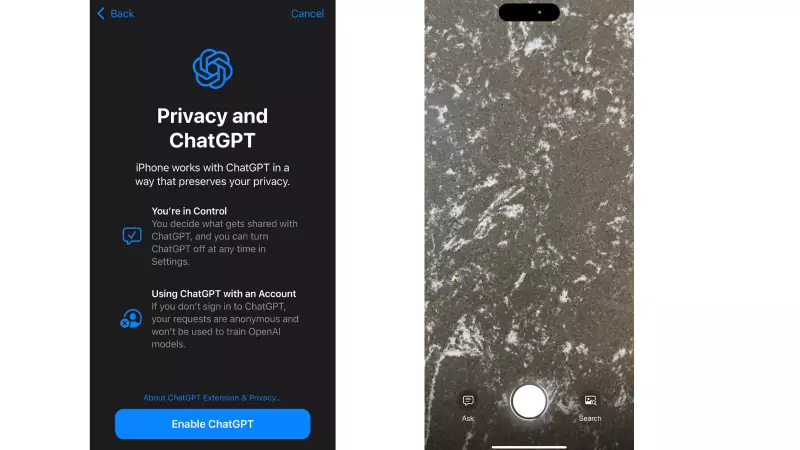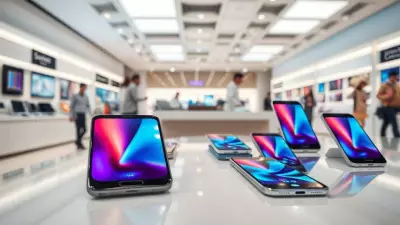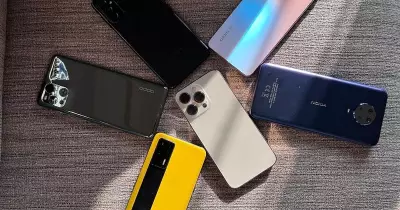
Federal Judge Allows Musk's Antitrust Case Against Tech Giants to Proceed
In a significant legal development, a federal judge has rejected attempts by Apple and ChatGPT creator OpenAI to dismiss an antitrust lawsuit filed by Elon Musk's companies. The case, which alleges monopolistic practices in smartphone and AI chatbot markets, will now move forward in what promises to be a landmark legal battle.
US District Judge Mark Pittman in Fort Worth, Texas, ruled that the lawsuit brought by Musk's social media platform X (formerly Twitter) and his artificial intelligence startup xAI can proceed for now. This decision represents a crucial early victory for Musk's legal team in their confrontation with two of technology's most powerful entities.
The Core Allegations: Illegal Exclusivity and Market Domination
The legal dispute centers on Apple's decision to integrate ChatGPT into its new Apple Intelligence features across iPhones and other devices. According to the lawsuit originally filed in August, Musk's companies allege that Apple violated antitrust law by exclusively integrating OpenAI's technology, thereby illegally shutting out competing AI chatbot providers from equal access to Apple's ecosystem.
X and xAI further claim that Apple reinforced this alleged exclusivity by prominently featuring ChatGPT on its "Must-Have Apps" list while actively sidelining competing chatbots in the App Store. This dual approach, the plaintiffs argue, creates an unfair competitive environment that harms innovation and consumer choice.
Defense Arguments and Counterclaims
Both technology companies have strongly denied the allegations. In their argument for dismissal, Apple asserted that its partnership with OpenAI is not exclusive and that the complaint fails to demonstrate any formal agreement preventing Apple from collaborating with other AI chatbot providers.
"Choosing one partner first is not unlawful," Apple told the court, emphasizing that other chatbots remain accessible through web browsers and dedicated applications. The company specifically noted that X and its Grok chatbot continue to rank high in App Store charts, suggesting competitive availability.
OpenAI released a statement following Judge Pittman's ruling, characterizing the lawsuit as "consistent with Mr Musk's ongoing pattern of harassment" and expressing confidence in proving their position in court. The AI company has previously accused Musk of waging what it describes as "a campaign of lawfare" against their organization.
Legal Implications and Next Steps
Judge Pittman's brief order carefully emphasized that his ruling should not be interpreted as a final judgment on the merits of X's claims. The judge clarified that disputes over factual evidence would be addressed at later stages in the legal proceedings, leaving the door open for comprehensive examination of the complex antitrust arguments.
This case emerges against the backdrop of increasing regulatory scrutiny of big tech companies and their partnerships. The outcome could establish important precedents for how courts view integration deals between hardware manufacturers and AI software providers in the rapidly evolving artificial intelligence landscape.
The legal battle represents another chapter in the ongoing tensions between Elon Musk and OpenAI, the organization he helped found before departing in 2018. With the case now cleared to proceed, all parties are preparing for what promises to be a closely watched legal confrontation with potentially far-reaching implications for the future of AI competition and smartphone ecosystem governance.






